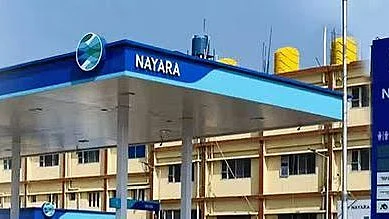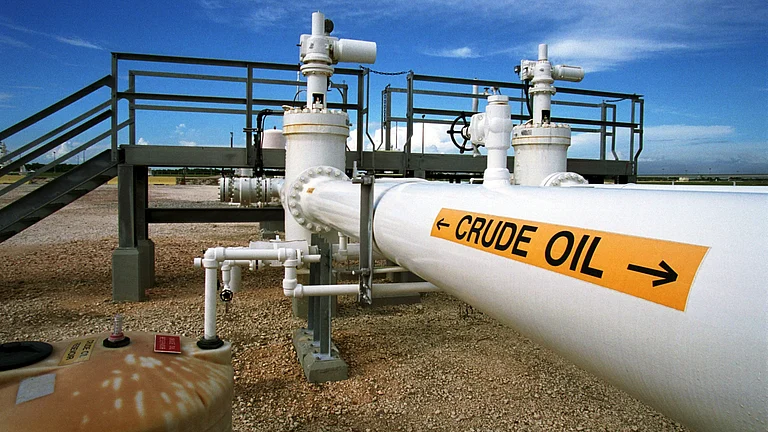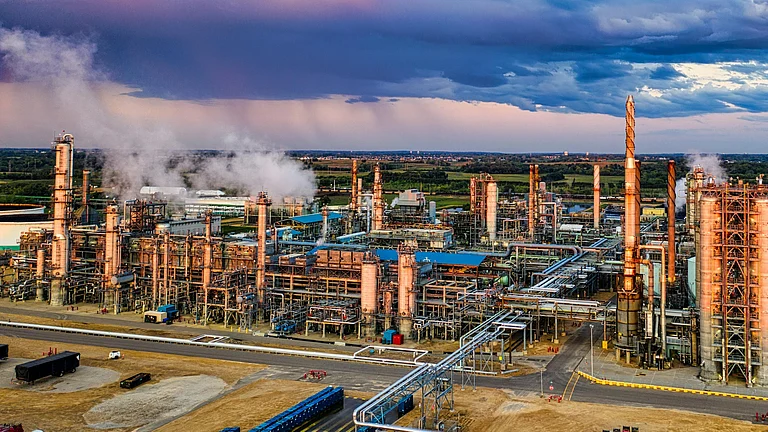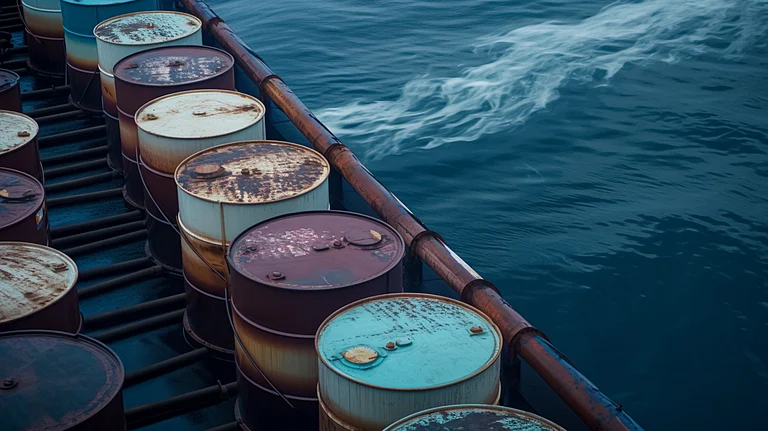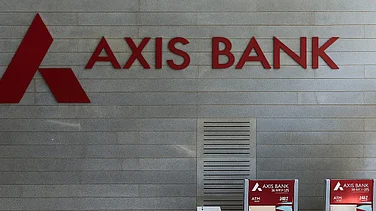
Nayara Energy operations recover after EU sanctions with government-backed support.
Refiner runs at 75% capacity using Russian Urals and Indian crude.
Exports remain below half of last year; shipments use floating storage.
Indian fuel demand buffers Nayara, while talks continue with Saudi, Iraq.
Nearly few months after sanctions were imposed on Indian refiner Nayara Energy Ltd, thereby discrupting trade and forcing the sudden exit of its European executives, the firm’s operations and sales are finally recovering mainly due to government support and measures.
Partially owned by Russia’s Rosneft PJSC, Nayara is probably one of the most high-profile Indian company to be hit by comprehensive sanctions. The company is now working with banks including State Bank of India to facilitate local currency payments, people aware of the matter said, as quoted by the Bloomberg. Earlier this month, Indian lender UCO Bank had already received government approval to work with Nayara and is expected to manage overseas transactions.
According to ship-tracking data compiled by Bloomberg, operations are coming back to normal thereby permitting the company to go beyond meeting its domestic commitments, which is to supply its more than 6,500 fuel outlets and to reestablish an export network with the help of floating storage and a fleet of ships that includes sanctioned vessels. According to a government official who spoke to the media on condition of anonymity, at least one state processor, Hindustan Petroleum Corporation has increased its purchases of products from Nayara.
Currently, the refiner is operating at 75 per cent capacity and that level is increasing, one of the people directly involved in the matter said. He further pointed out that the refinery in Vadinar is now running predominantly on Russian Urals, supplemented by small volumes of Indian crude. The same refinery was once reliant on a range of Saudi Arabian, Iraqi, and Russian oil grades.
Addressing an energy conference in Delhi earlier this month, Nayara Chairman Prasad Panicker said, “India’s refining sector has the resilience to ensure that whatever happening in the geopolitics, we would continue to run at more than 100 per cent capacity.”
Back in July, the announcement of EU sanctions on Nayara, made by the EU’s foreign policy chief Kaja Kallas on social media platform X, caught the company off-guard. It immediately disrupted management and froze even basic software dependent on Western providers like Microsoft Corporation.
Nearly 11 members on the board resigned immediately, including Chief Executive Officer Alessandro Des Dorides, and others who are EU citizens. The crisis further exacerbated as vessel providers such as Great Eastern Shipping Co. terminated contracts after EU-backed P&I insurance clubs withdrew coverage.
However, despite some signs of relief, not all of Nayara’s troubles are over yet.
Despite meeting the executives, large lenders with overseas exposure like SBI are supporting only domestic payments, in Indian rupees, the people stated.
In September, the refiner is set to export nearly 2.2 million barrels of products — less than half of the volume sold in the same period last year when Western exports were still open, as per data compiled by Kpler. More than half of the amount already loaded this month at the western port of Vadinar is idling or has been involved in ship-to-ship transfers near Sohar off Oman.
Additionally, some of Nayara’s oil products are being sent to storage in tankers at sea. At least four so-called floaters at a ship-to-ship transfer spot off the port of Sohar have received nearly 130,000 tons since late August, ship-tracking data show.
One of the floating storage ships to receive a Nayara cargo was the Wu Tai, It was previously managed by Gatik Ship Management, a Mumbai-based entity that emerged with a large tanker pool just after Russia began building its shadow fleet following its invasion of Ukraine in 2022.
In a conversation with In September, the refiner is set to export nearly 2.2 million barrels of products — less than half of the volume sold in the same period last year when Western exports were still open, as per data compiled by Kpler. More than half of the amount already loaded this month at the western port of Vadinar is idling or has been involved in ship-to-ship transfers near Sohar off Oman.
Additionally, some of Nayara’s oil products are being sent to storage in tankers at sea. At least four so-called floaters at a ship-to-ship transfer spot off the port of Sohar have received nearly 130,000 tons since late August, ship-tracking data show.
One of the floating storage ships to receive a Nayara cargo was the Wu Tai, It was previously managed by Gatik Ship Management, a Mumbai-based entity that emerged with a large tanker pool just after Russia began building its shadow fleet following its invasion of Ukraine in 2022.
In a conversation with Bloomberg, Vandana Hari, founder of market analysis firm Vanda Insights said, “India’s big domestic fuel demand is a strong buffer for the country’s refiners.” Since Nayara’s plant can fully run on Russian crude, feedstock isn’t an issue and low product exports can be managed by reducing run rates and diverting flows to the local market, she stated.
In addition to that, to secure future supply, the refiner has been in talks with Saudi Arabia and Iraq to resume purchases, the person directly involved in the matter stated. The company is eager to convince sellers that the absence of US sanctions means there are no real risks — and expects to resume shipments within weeks., Vandana Hari, founder of market analysis firm Vanda Insights said, “India’s big domestic fuel demand is a strong buffer for the country’s refiners.” Since Nayara’s plant can fully run on Russian crude, feedstock isn’t an issue and low product exports can be managed by reducing run rates and diverting flows to the local market, she stated.
In addition to that, to secure future supply, the refiner has been in talks with Saudi Arabia and Iraq to resume purchases, the person directly involved in the matter stated. The company is eager to convince sellers that the absence of US sanctions means there are no real risks — and expects to resume shipments within weeks.







